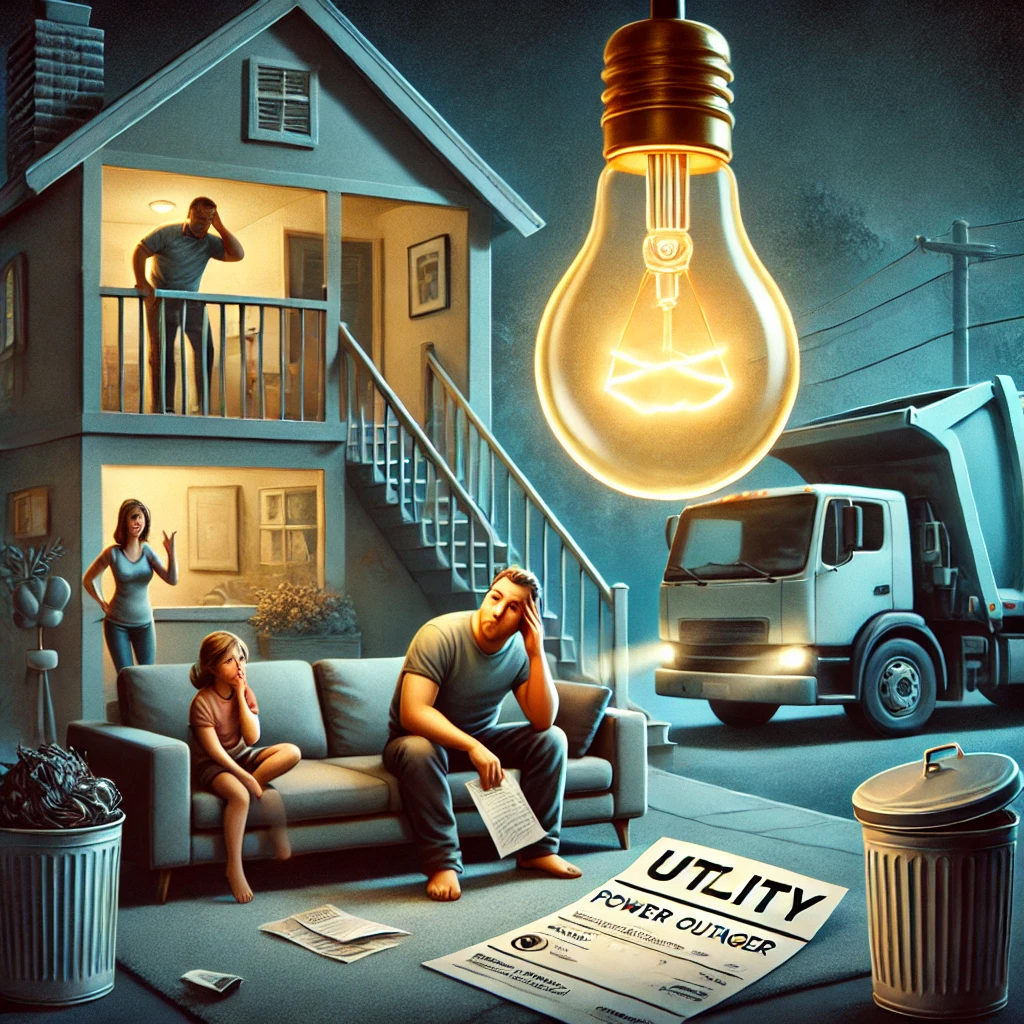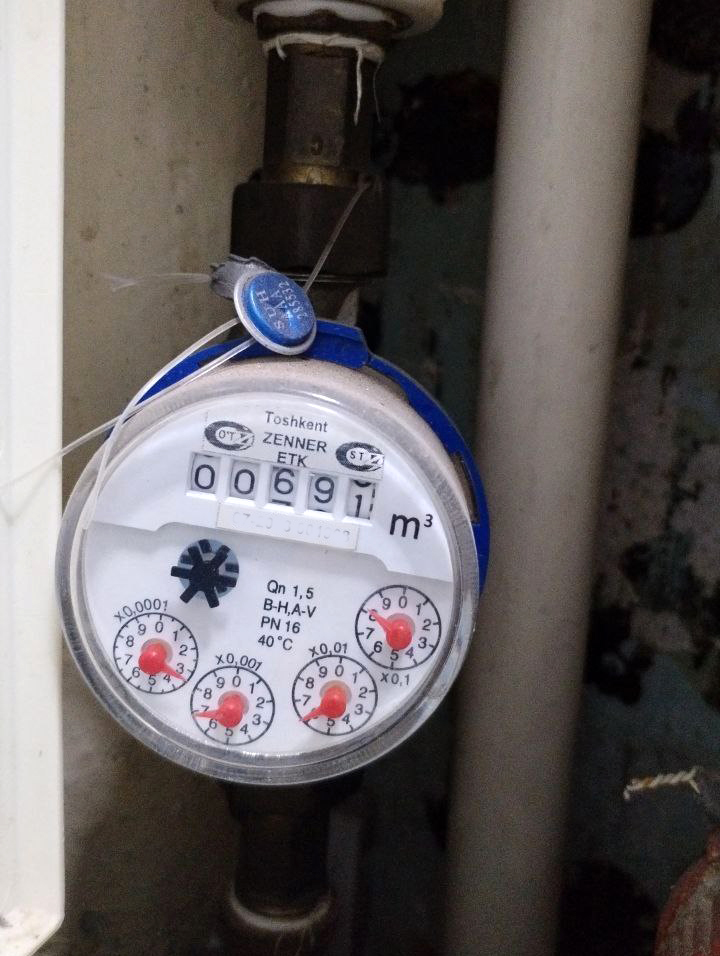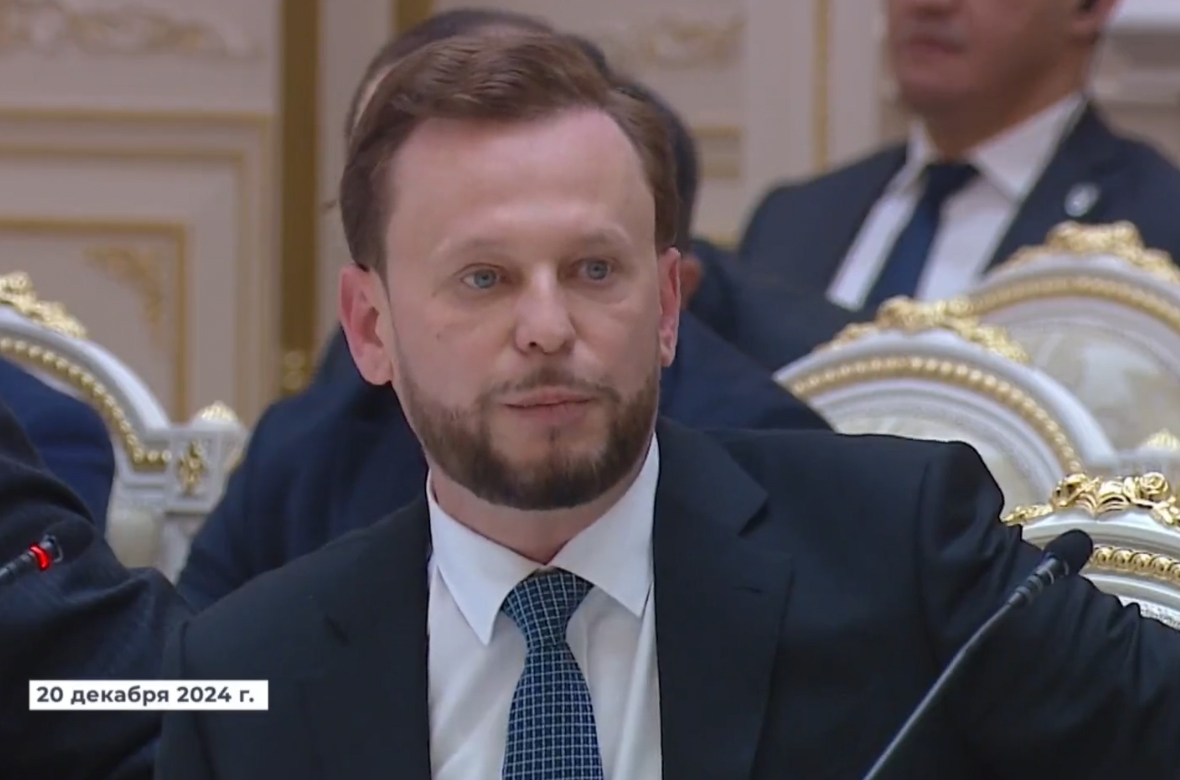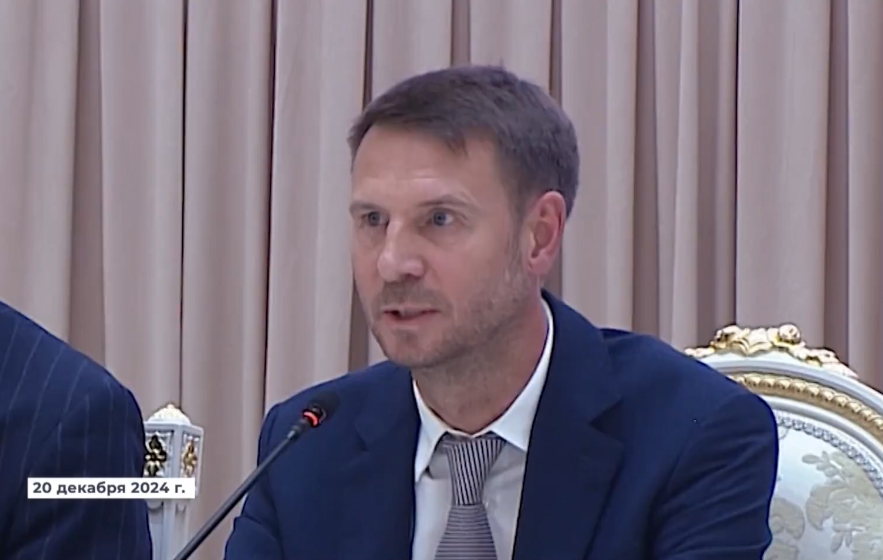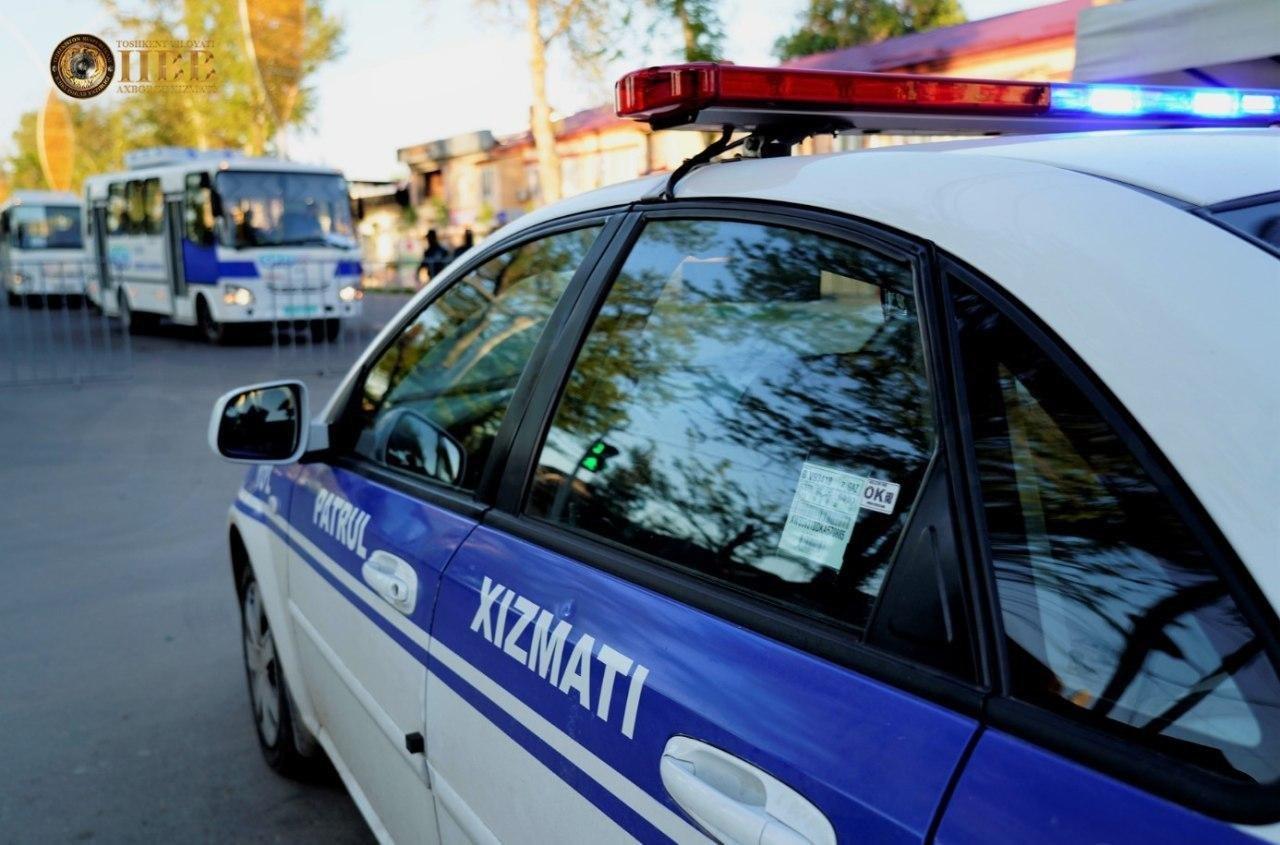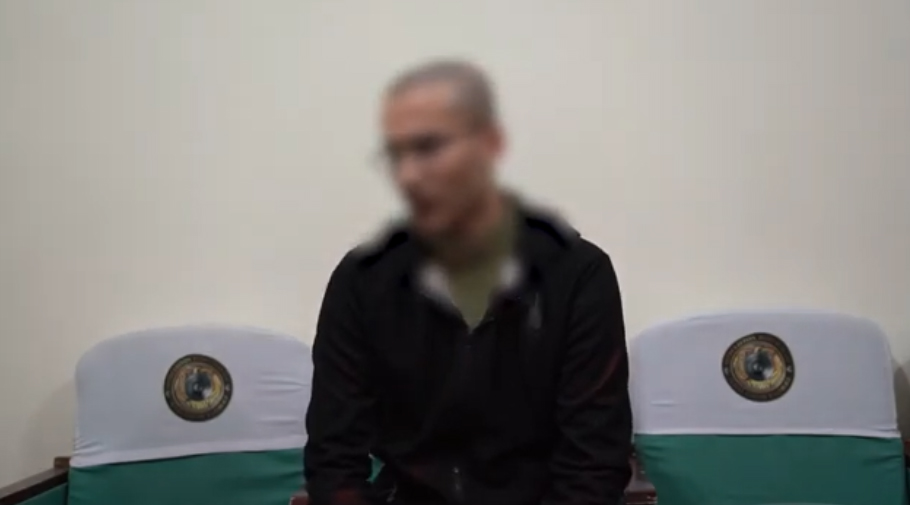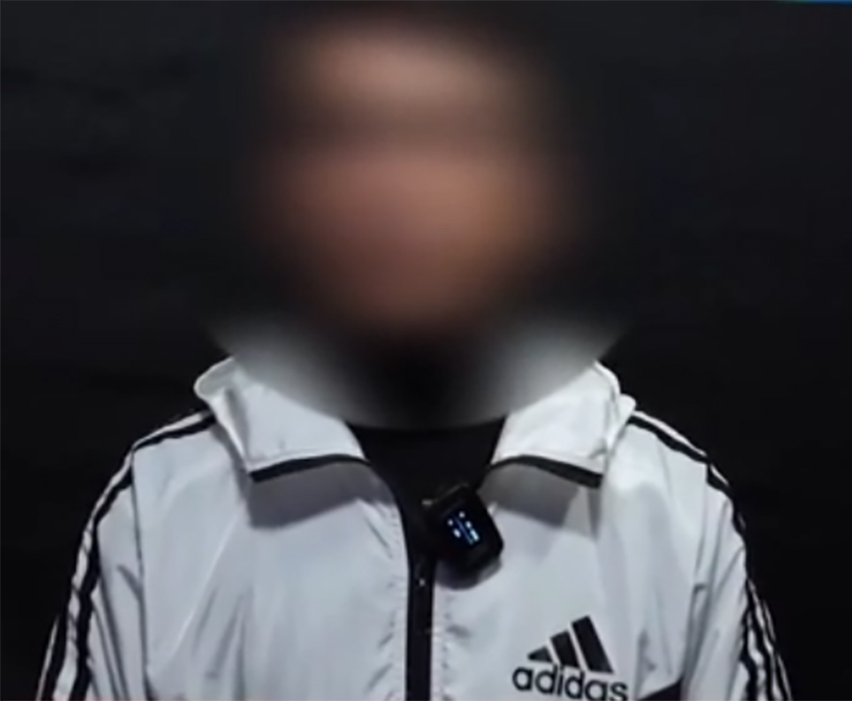This article is also available in:
Русский (Russian)
In Andijan, law enforcement officers have started conducting an unusual experiment that has sparked a strong reaction in society. Drivers caught violating traffic rules are now taken to schools, where they are publicly criticized during morning assemblies in front of students and teachers. What’s even more shocking is that children and teachers are asked to literally curse these violators.
The head of the regional Traffic Safety Department of Andijan, Abdu Nabi Nosirov, spoke about this practice and called it an experiment aimed at reducing the number of road accidents and traffic violations. A video of his speech has spread on social media, causing heated discussions.
Here’s how it works: a driver who ran a red light or committed another serious violation is brought to a school where a morning assembly is taking place. In front of all the gathered students and teachers, he is called a “dirty driver,” and children are encouraged to curse him for his actions. Imagine: the person stands before hundreds of schoolchildren, being blamed for endangering their lives.
Nosirov cited an example of one school in the Chorguzar area, where, according to him, such events significantly reduced the number of violations. Drivers who previously raced through the streets, ignoring the rules, began to think twice about their actions, as they no longer wanted to face the condemning eyes of children.
But how ethical is this kind of “education”? Many are already questioning whether it is appropriate to involve children in such “demonstrative” actions. At first glance, this may seem like an effective way to influence violators. But what do the children themselves feel when they are asked to curse an adult? And how appropriate is such “public punishment”?
The issue of traffic violations is indeed pressing. Therefore, the desire of law enforcement to draw attention to this problem is understandable. But should children become part of this process? Perhaps, it is worth looking for other ways to instill responsibility on the roads that would be equally effective but without affecting the mental well-being of the younger generation.
The text has been translated by AI. For more accurate information, please refer to the Russian version of the article


